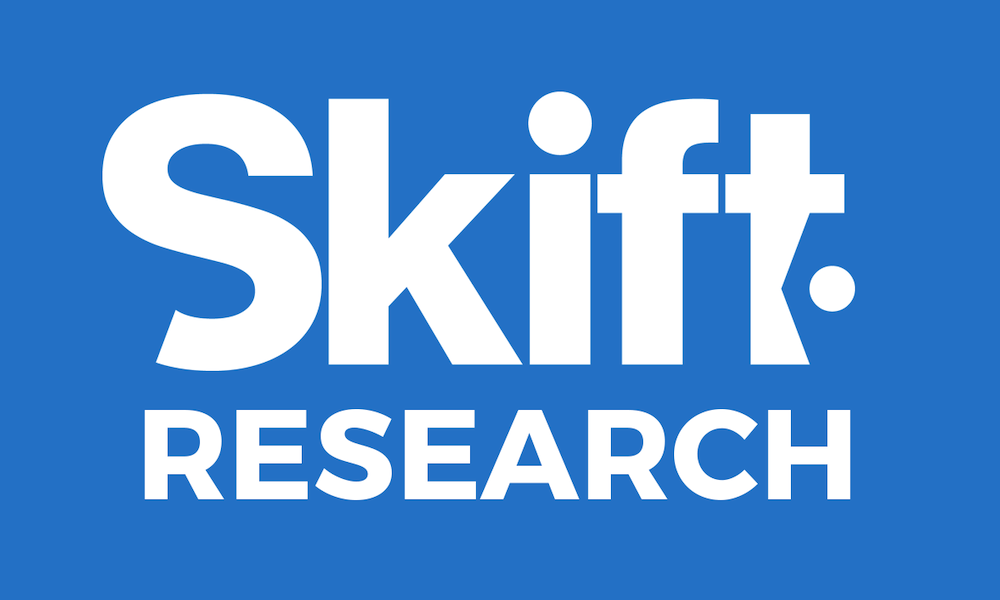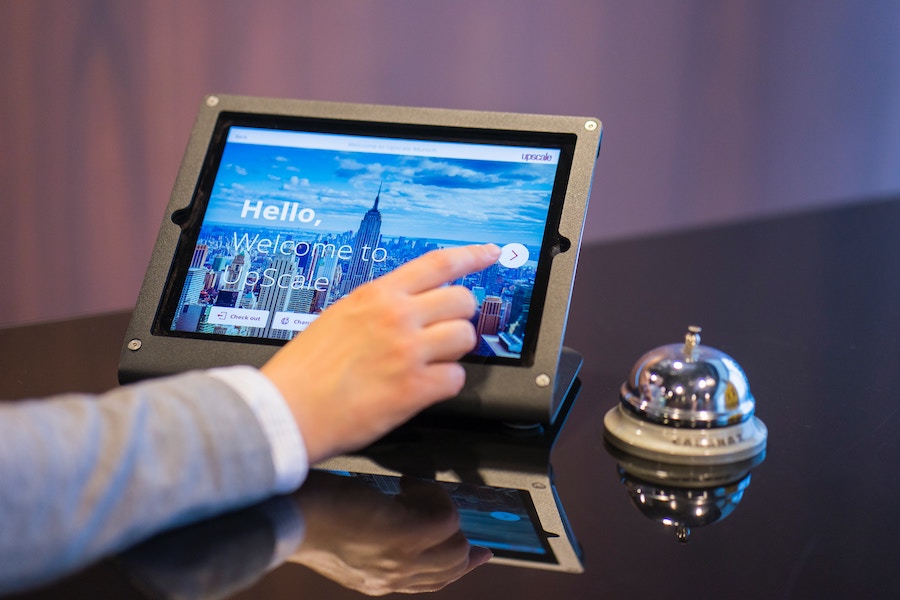70+ years ago, hotel reservations were booked and tracked through a paper reservations book. It wasn’t until the late 80’s / early 90’s that standard hotel property management systems were developed and implemented at bigger hotel chains, and started automating many of the tasks hoteliers previously managed manually — such as tracking reservations and check-ins and check-outs.
What role does a PMS have in hotels today?
Today, a PMS has evolved from simply tracking guest information to being central to the core function of a hotel’s operations, and manage everything on both an enterprise and guest-facing level. In most cases, it’s a dynamic platform which helps hoteliers streamline and manage day-to-day hotel activities, back-office functions and strategic decisions, while also helping to enhance the guest experience, drive revenues and maximize profitability.
What further evolution can hoteliers expect from a PMS?
The short answer here is: a lot. Here’s a few areas where hoteliers can expect to see a lot of growth and innovation in a PMS platform in the near future.
Cloud-Based Technology
The days of large, loud, on-premise software and server rooms are almost behind us. The hospitality industry has seen a significant rise in the popularity of cloud-based software over the past few years, and it is really transforming the way hoteliers do business. While upgrading and transitioning to a new platform can seem like a daunting project to take on, cloud computing offers a number of advantages and benefits over traditional client-server systems, and hoteliers will find that making the switch can greatly improve productivity and profitability.
We’ve written a previous post detailing how cloud-based hotel software can positively impact the hospitality industry, but here’s a quick summary of some of the benefits:
- Cost savings
- Easy updates and customizations
- Increased data security
- Increased mobility
- Increased productivity
Interfacing to Third-Party Vendors
Many PMS platforms already have the capacity to interface and integrate to other third-party vendors, allowing hotels to build a ‘tech ecosystem’ consisting of multiple tools such as a PMS, CRM, CRS / GDS, etc.
Seamless integration to third-party vendors is enabled by having open APIs (which means the programming of the PMS platform is open to communicate and interact with the open programming of the third-party vendor). Open APIs make any technology more flexible, more scalable, and more powerful, and are quickly becoming essential pieces of any PMS platform, giving hoteliers the option to mix and match solutions between vendors and technology partners, as needed. Thus, APIs have the ability to completely revolutionize the PMS and its abilities, and other hotel software in general as well.
Building out a Tech Stack
Further to the point above, leveraging the power of an agile, centralized property management system to communicate directly with a stack of complimentary interfaces and integrations, can help to fix broken, manual processes which can drive both hotel employees and guests crazy.
Investing in and building out a tech stack to work concurrently with a PMS will help hoteliers to transform the entire hotel experience for back-office employees, guest-facing employees, and for the guests themselves.
—
The hospitality industry is in the midst of an era of change, as it attempts to cater to its increasingly tech-savvy audience. This will result in continued transformation, and even more dynamic technology solutions that will come from PMS vendors and their partners.
RoomKeyPMS makes it easier to provide the best guest experiences, increase revenue and reduce costs, through a cloud-based, better-supported property management system. Book a demo and learn more about the RoomKeyPMS tool and its offerings.
Image Credit: Justin Docanto on Unsplash




